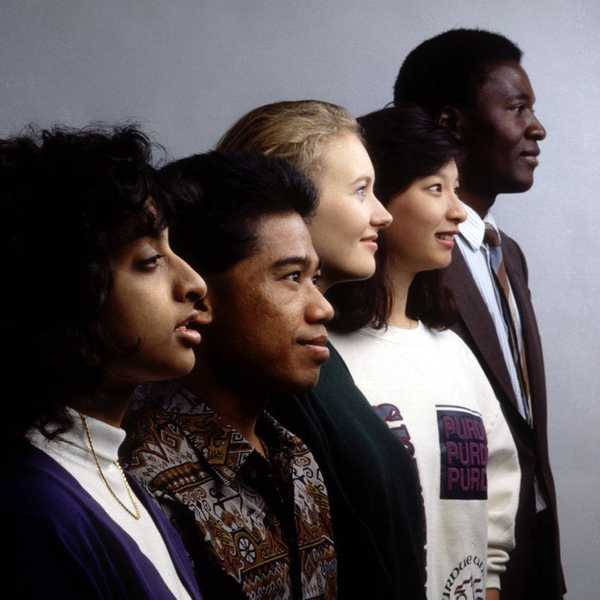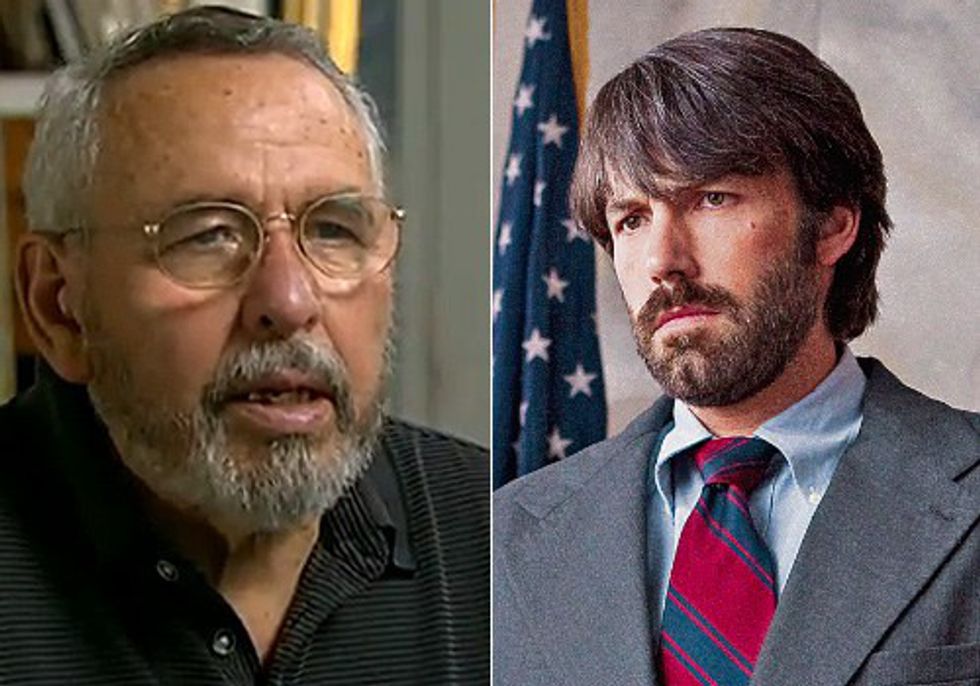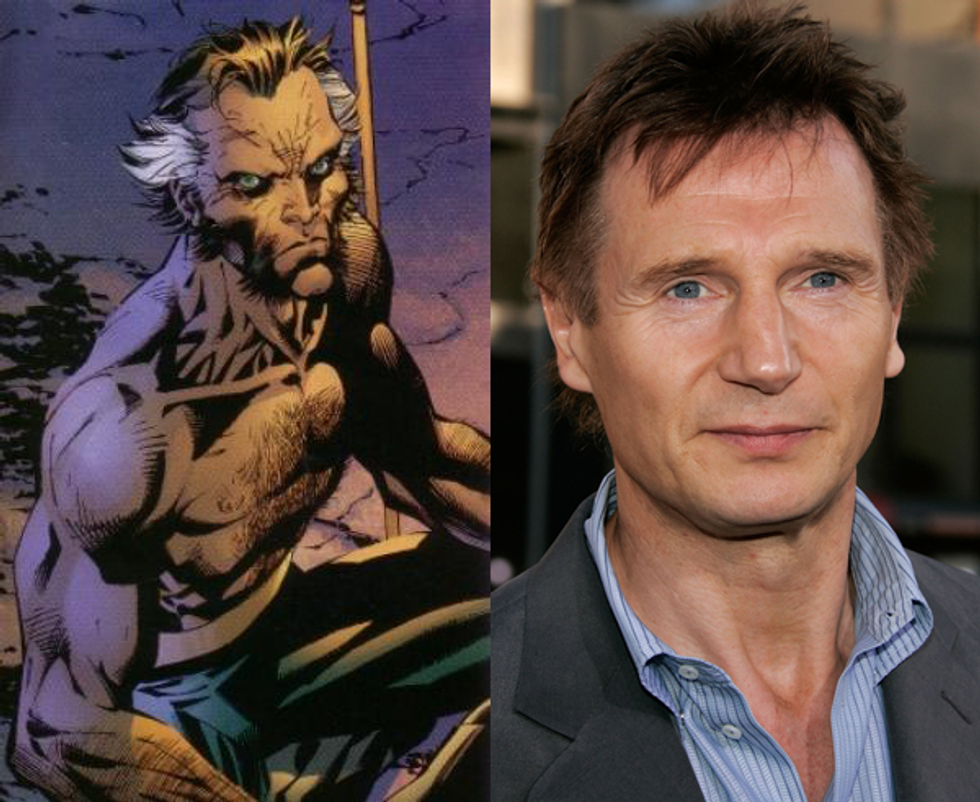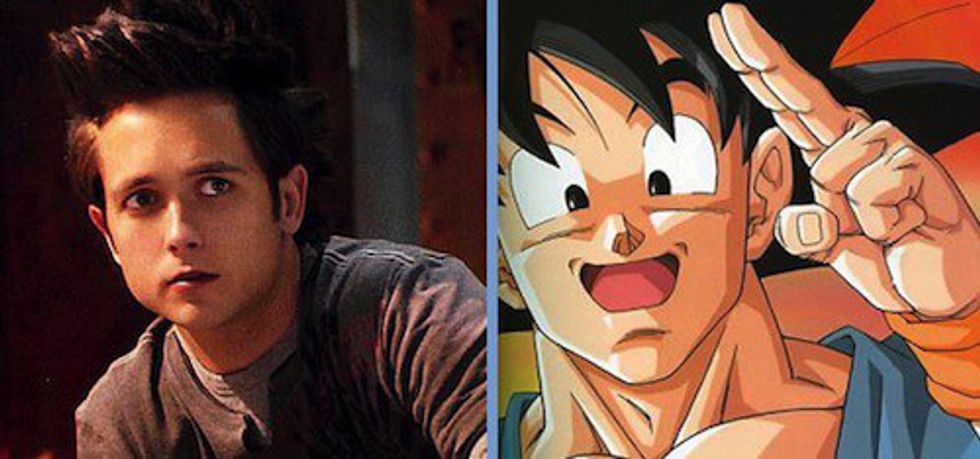Whitewashing. It's a term that some people are not familiar with, while others are all too aware of its meaning. According to the Sociological Cinema, whitewashing is "the tendency of media to be dominated by white characters, played by white actors, navigating their way through a story that will likely resonate most deeply with white audiences, based on their experiences and worldviews."
Recent examples of what is known as whitewashing to many include but are not limited to:
1. Ben Affleck as Tony Mendez, a Latino CIA officer, in "Argo"
2. Liam Neeson as Ra's al Ghul, depicted in the Batman comics to be of Arab descent, in "Batman Begins"
3. Justin Chatwin as Goku, the main character from a popular Japanese manga, in "Dragonball Evolution"
4. Jake Gyllenhaal as Dastan, the title character of Persian descent, in "Price of Persia: Sands of Time"
5. Tilda Swinton as the Ancient One, depicted as a man from Kamar-Taj, in the upcoming "Doctor Strange"
6. Scarlett Johansson as Motoko Kusanagi, the main character from a popular Japanese manga and anime, in the upcoming live-action "Ghost In The Shell"
There are many other examples I'm leaving out here, but you should get the idea.
Many of these casting choices have been met with uproar and called out as "modern day racism" and "too much appealing to white audiences." It is reasoned that, by casting a Caucasian actor to play an explicitly ethnic role, a disconnect is created between the character being portrayed and the message being conveyed.
However, what if these actors still manage to convey the message? Is "racialbending" justified if the actor still manages to do the character and the story justice?
Some believe that, by casting the wrong race, that the original race of the character or figure may be offended by the casting choice. But is this really true?
In the video below, a few Japanese adults are asked about certain "whitewashed" casting choices, including Scarlett Johansson's casting as Motoko in "Ghost In The Shell."
As seen in the video, they don't appear too bothered by it. Some of them even believe that Johansson looks enough like the character that her casting doesn't seem out of place. Why is that, we wonder?
Maybe we should think of it this way: if Japan were to make a reboot of a popular American movie or novel, would it be odd if they had a Japanese actor playing what is typically seen as a Caucasian role?
Some may argue that, for a country called a "melting pot" of races, finding an actor or actress of the correct race shouldn't be difficult. And that may very well be true. But from a casting standpoint, it could be difficult to draw an audience if the actors are not already well-known. There aren't many movies that showcase a cast made up of characters who are not as well-known in the U.S.
So if a movie did decide to cast ethically correct actors, they could suffer in terms of box-office sales due to the audience's lack of recognition of the actors. Remember, the entertainment business is still a business, first and foremost...so if putting in well-known actors will garner a larger audience in the United States, then it's going to happen.
What are your thoughts on this issue?


























